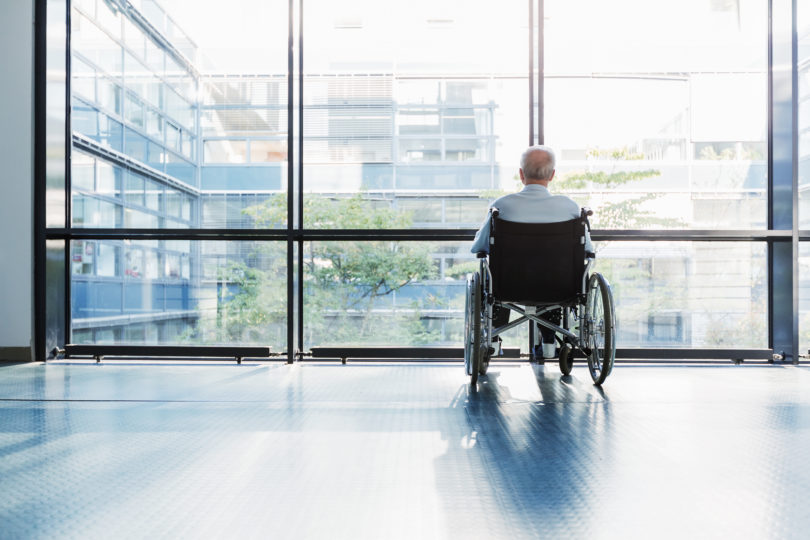As COVID-19 continues to spread among communities throughout the U.S., public health and government officials are urging people to stay home and limit interactions with others, a practice known as social distancing.
Social distancing is critical for slowing the spread of coronavirus and making sure that more vulnerable groups of people, such as older adults or people with underlying chronic conditions, aren’t exposed.
COVID-19 is hitting older adults especially hard. According to a recent report from the Centers for Disease Control and Prevention, 80% of coronavirus deaths in the U.S. are among people 65 and older.
But, are there potential negative consequences of isolating older adults from family and one another?
Absolutely, says University of Georgia gerontologist Kerstin Emerson. She is particularly concerned about how social distancing could contribute to an already underlying issue experienced by many older adults – loneliness. Below she offers some insights into the issue:
What do we know already about the impact of older adults feeling lonely or socially isolated on their well-being?
We were already concerned about loneliness before the COVID-19 pandemic started, particularly among older adults who don’t have the traditional social interactions many of us would have with school or work. Loneliness can have all sorts of negative consequences for older adults, from depression to increased health problems to disability. It can even lead to higher death rates.
How could COVID-19 exacerbate this issue?
Many older adults who live on their own live very engaged lives, going out with friends, seeing family, volunteering, joining senior centers or clubs, etc. We know this prevents feelings of loneliness. But many of those social venues are effectively cut off from people now with social distancing. While the internet can help with some connections, it is hard to replace human contact. And for some these remote connections aren’t possible due to no reliable internet. This is especially the case as libraries are closed, removing access to free computers and internet for many.
Are there additional considerations for adults living in long-term care facilities?
The situation seems to be worse for those with serious health conditions. These older adults are in the high-risk category for COVID-19, which in and of itself can cause serious anxiety and stress. But, additionally, older adults with serious health conditions are more likely to reside in long-term care facilities such as nursing homes.
Georgia Gov. Brian Kemp and the Georgia Healthcare Association are urging all long-term care facilities to restrict all visitors, volunteers and non-essential personnel. Many residents are asked to remain in the rooms, restricting interaction even with other residents in the facilities. Daily opportunities for social interaction such as communal dining and activities are now being cut off for this already vulnerable population.
Do you anticipate that we’ll see any unique negative outcomes on older adults’ well-being once the outbreak is over?
While this absolutely makes sense from a public health perspective, the concern is the risk of loneliness. I think we’ll see definite unique outcomes from social distancing on loneliness and older adults. It’s too early to predict, but I worry that long periods of loneliness will have a lasting negative impact on many older adults.
What can family members do to help?
Those with loved ones or older neighbors can be vigilant about loneliness and check in with them. My own kids FaceTime with their grandmother every day, which is just as great for my kids as for my mother. Even a simple phone call will help alleviate some of the isolation. The internet has some wonderful options to join people together, including social media, email and message boards. But even old-fashioned pen pals could be a great option.








